Study: Most Of The Plastic Found In Seabirds' Stomachs Was Recycleable
Por um escritor misterioso
Last updated 11 abril 2025
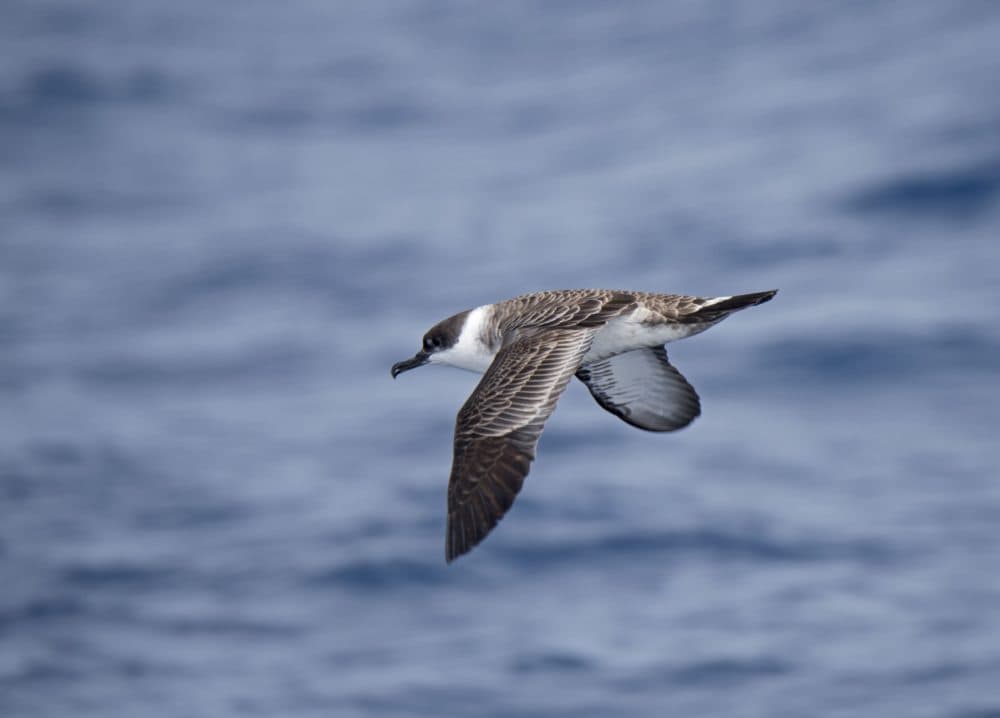
In a study of great shearwaters, most of the plastic found in the birds was recyclable polyethylene. To the scientists, the preliminary results add to the growing pile of evidence that recycling is not the solution to our plastic pollution problem, and broader policy action is needed.

Study: Most Of The Plastic Found In Seabirds' Stomachs Was Recycleable

Seabirds that swallow ocean plastic waste have scarring in their stomachs – scientists have named this disease 'plasticosis

Plasticosis': the new disease killing seabirds and likely many other species
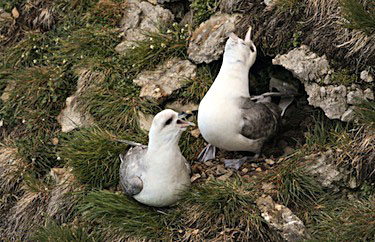
Researchers find more plastic in guts of Arctic seabirds

Plastics toxic for seabirds
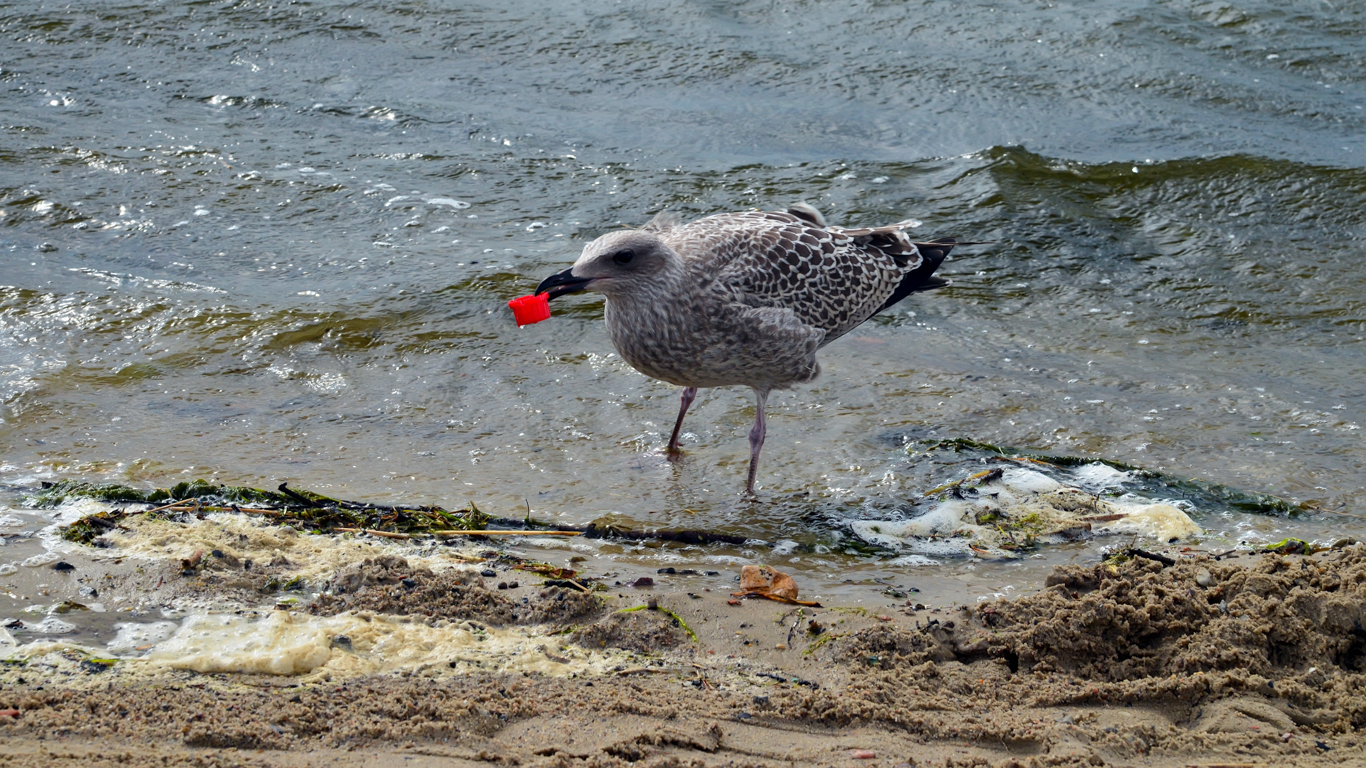
New Disease Caused Solely by Plastics Discovered in Seabirds - Animal Survival International
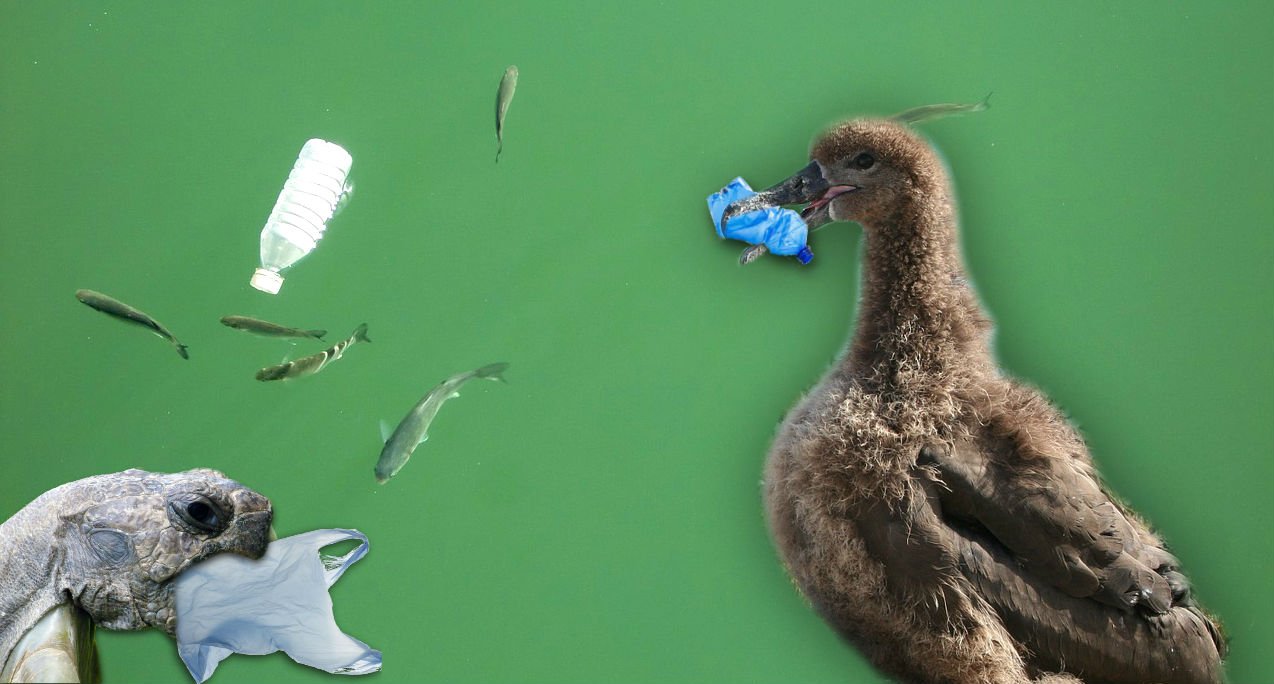
Why Do Marine Animals Eat Plastic Debris? - Petroleum Service Company
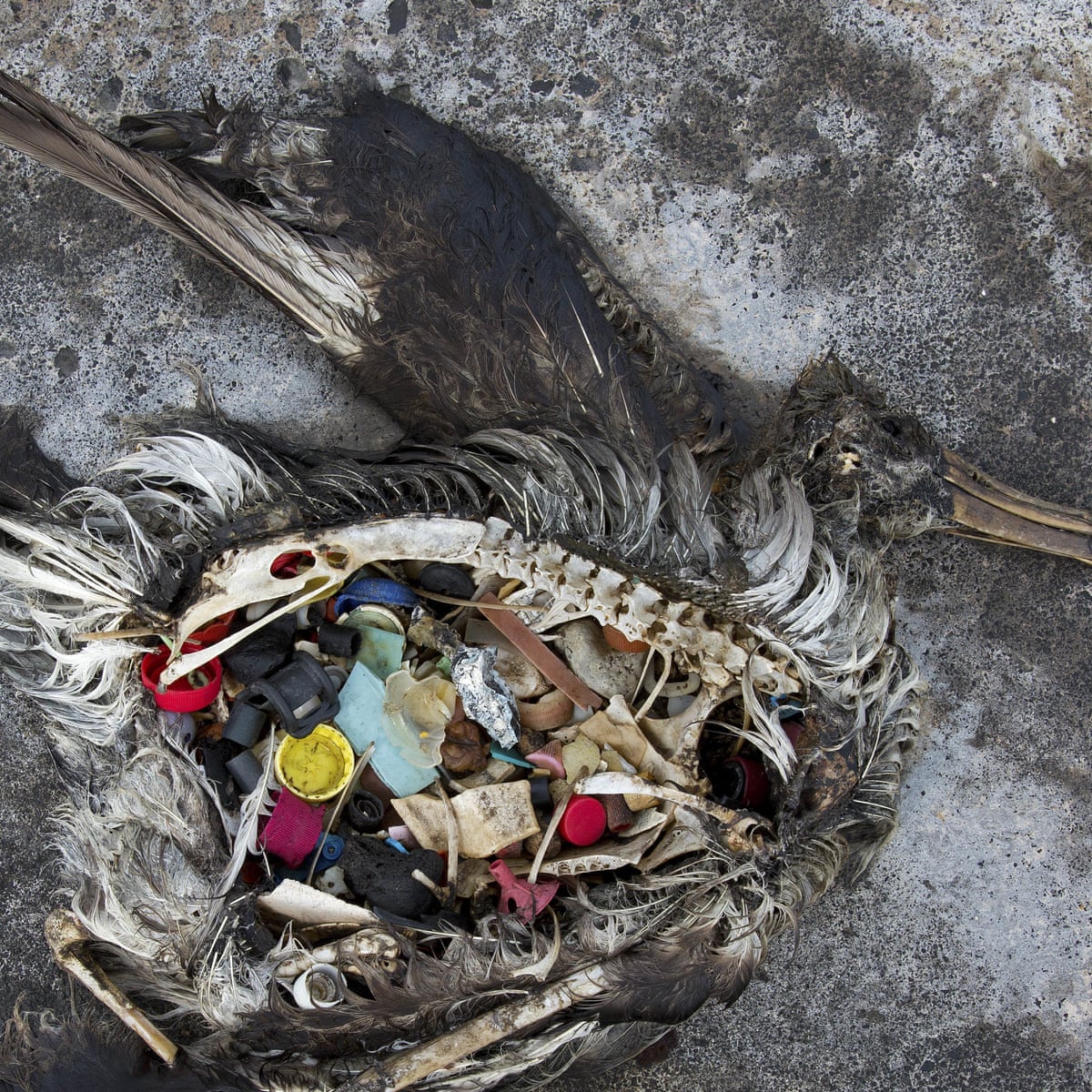
Seabirds eat floating plastic debris because it smells like food, study finds, Plastics

Hope for Solving Ocean Plastic Problem Lies in Awareness and Economics
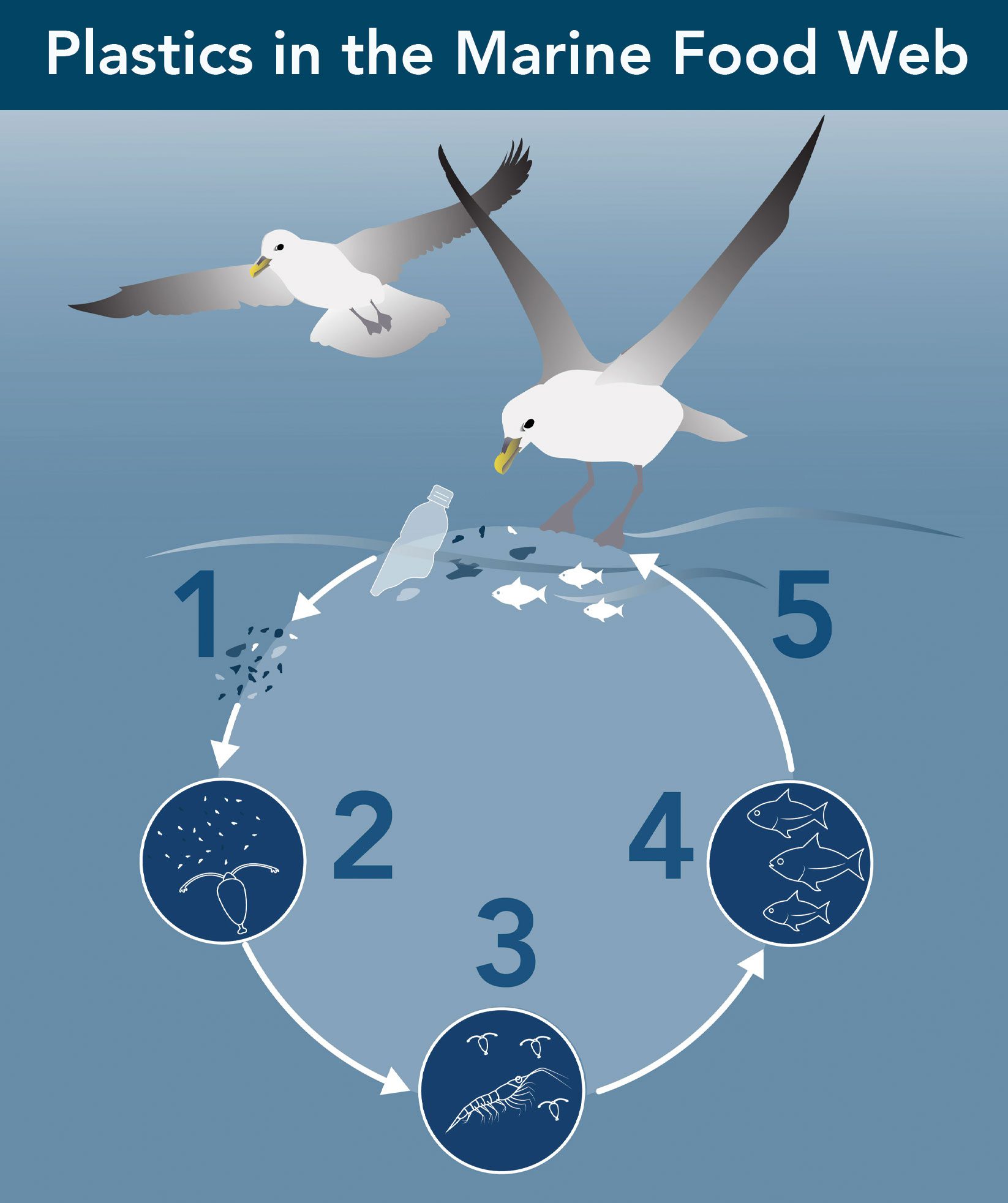
A Hardy Seabird Is Helping to Detect Plastic Pollution in the Arctic
Recomendado para você
-
![Sea Piece 2 Codes Wiki [UPD .5] - Try Hard Guides](https://tryhardguides.com/wp-content/uploads/2023/03/featured-sea-piece-2-codes-781x439.jpg) Sea Piece 2 Codes Wiki [UPD .5] - Try Hard Guides11 abril 2025
Sea Piece 2 Codes Wiki [UPD .5] - Try Hard Guides11 abril 2025 -
 All Sea Piece Codes For November 2023 - GameRiv11 abril 2025
All Sea Piece Codes For November 2023 - GameRiv11 abril 2025 -
 ALL NEW *SECOND SEA* UPDATE CODES! King Piece Roblox11 abril 2025
ALL NEW *SECOND SEA* UPDATE CODES! King Piece Roblox11 abril 2025 -
 Panama Canal - Wikipedia11 abril 2025
Panama Canal - Wikipedia11 abril 2025 -
 Code.org11 abril 2025
Code.org11 abril 2025 -
 Original Vintage Print 1928 by W. Russell Flint. A Breton - Denmark11 abril 2025
Original Vintage Print 1928 by W. Russell Flint. A Breton - Denmark11 abril 2025 -
 Beach Bound Svg Beach Bound Svg Summer Svg Beach Svg11 abril 2025
Beach Bound Svg Beach Bound Svg Summer Svg Beach Svg11 abril 2025 -
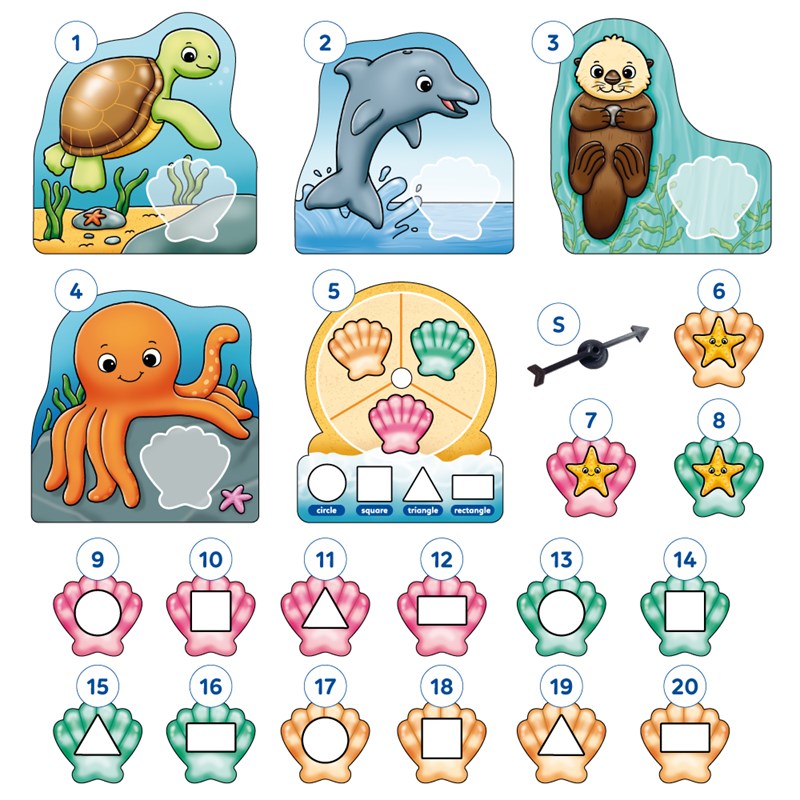 Sea Shapes Game Misplaced Pieces11 abril 2025
Sea Shapes Game Misplaced Pieces11 abril 2025 -
 Meme Sea Codes - Try Hard Guides11 abril 2025
Meme Sea Codes - Try Hard Guides11 abril 2025 -
 ALL NEW *SECRET* CODES in SEA PIECE CODES! (Sea Piece Codes) ROBLOX11 abril 2025
ALL NEW *SECRET* CODES in SEA PIECE CODES! (Sea Piece Codes) ROBLOX11 abril 2025
você pode gostar
-
 Elesa Pokemon Black and White Anime 05 by pokemonchamp-2001 on DeviantArt11 abril 2025
Elesa Pokemon Black and White Anime 05 by pokemonchamp-2001 on DeviantArt11 abril 2025 -
 Genshin Impact Todos os Personagens Cosplay Jogo de Roupas Shogun Cosplay Feminino Traje Halloween Cosplay Conjunto Completo com Hairwear : : Moda11 abril 2025
Genshin Impact Todos os Personagens Cosplay Jogo de Roupas Shogun Cosplay Feminino Traje Halloween Cosplay Conjunto Completo com Hairwear : : Moda11 abril 2025 -
Dragon Ball Z- Vegeta Ssj 20 Cm Com Base Sem Caixa11 abril 2025
-
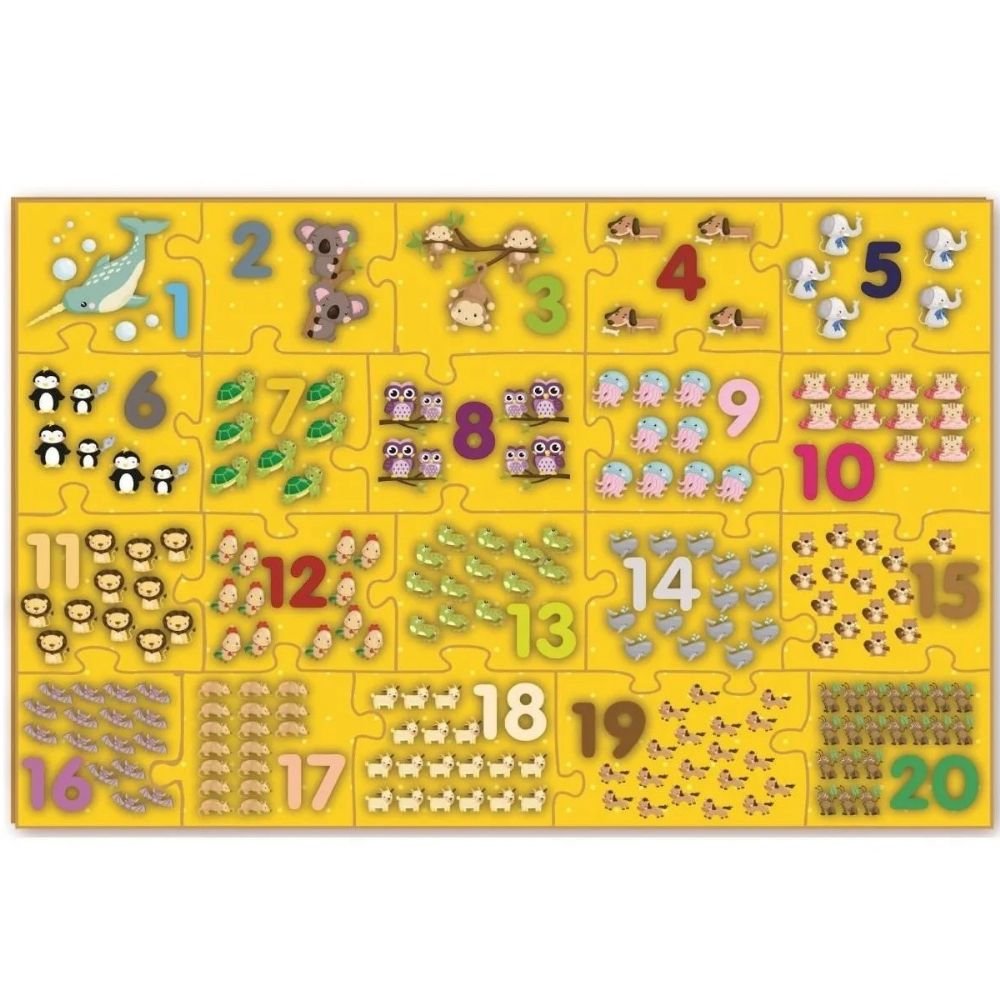 Jogo Educativo Montando Os Numeros em Madeira +4 Anos – Papelaria Pigmeu11 abril 2025
Jogo Educativo Montando Os Numeros em Madeira +4 Anos – Papelaria Pigmeu11 abril 2025 -
 Squid Game 2ª temporada: Netflix apresenta novo elenco para sequência - Super Doramas11 abril 2025
Squid Game 2ª temporada: Netflix apresenta novo elenco para sequência - Super Doramas11 abril 2025 -
50 Cartas Pokémon 151 ORIGINAIS + 5 Brilhantes SEM REPETIÇÃO11 abril 2025
-
Rate my cursed emoji 211 abril 2025
-
 Fortnite new map, landmarks and named locations explained11 abril 2025
Fortnite new map, landmarks and named locations explained11 abril 2025 -
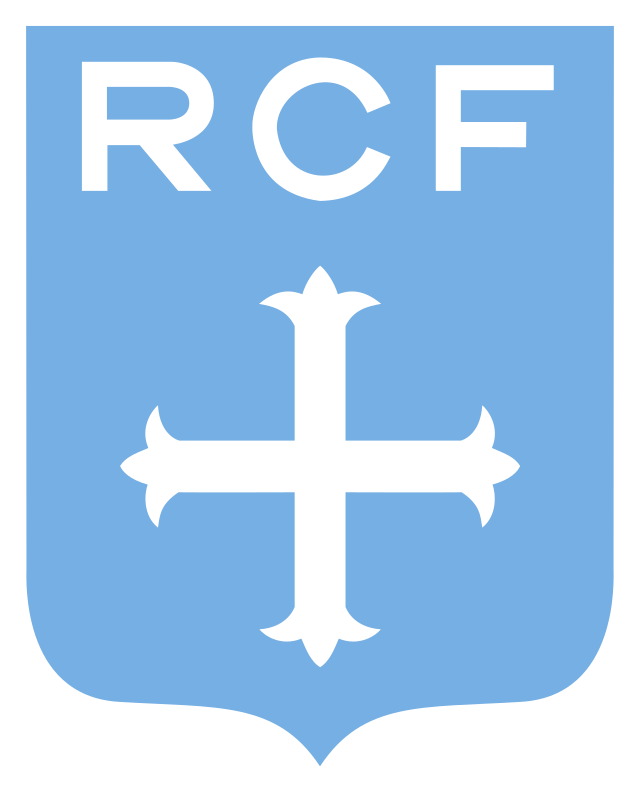 Racing Club de France Football - Wikipedia11 abril 2025
Racing Club de France Football - Wikipedia11 abril 2025 -
 583 imagens, fotos stock, objetos 3D e vetores de Banhando o tigre11 abril 2025
583 imagens, fotos stock, objetos 3D e vetores de Banhando o tigre11 abril 2025


